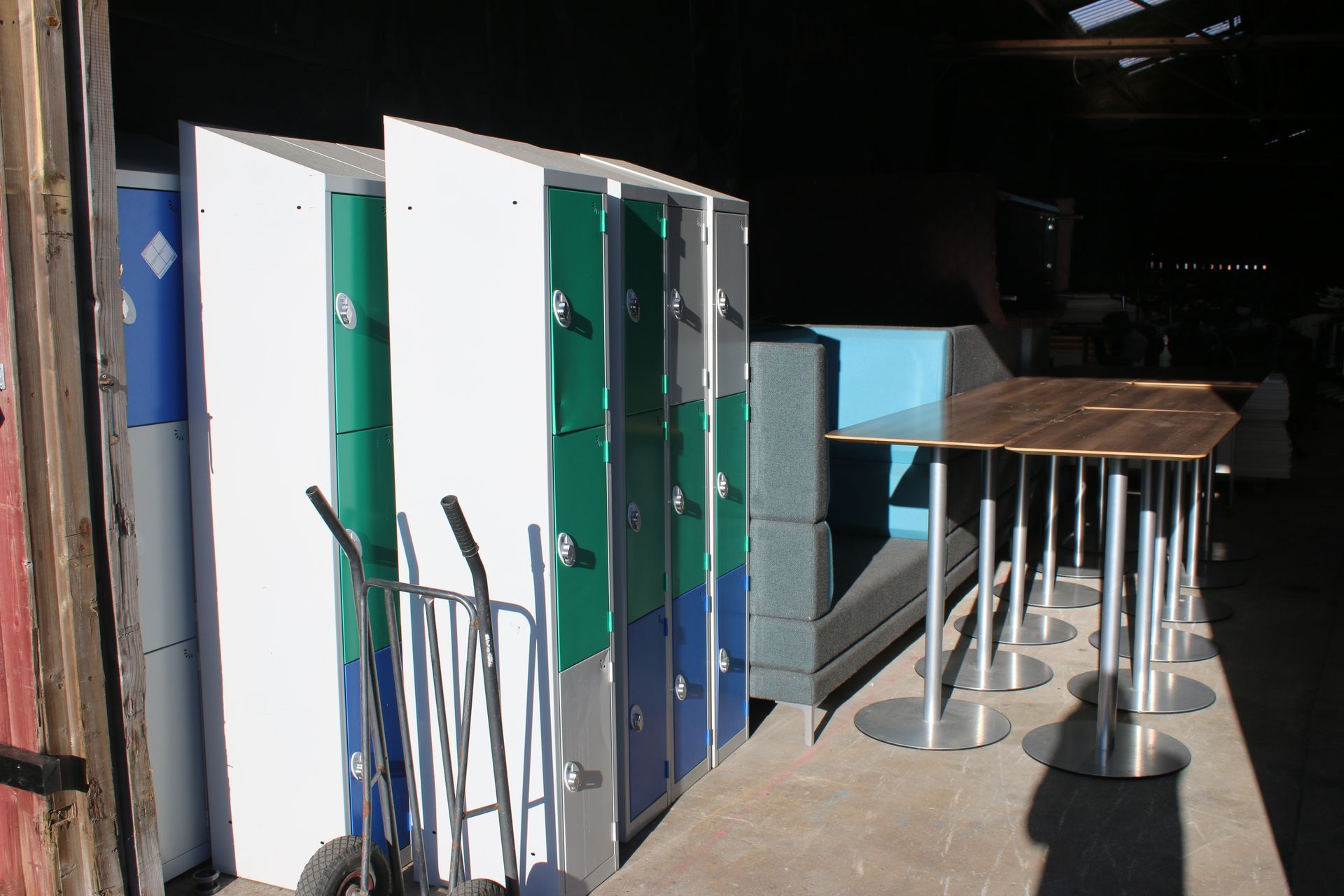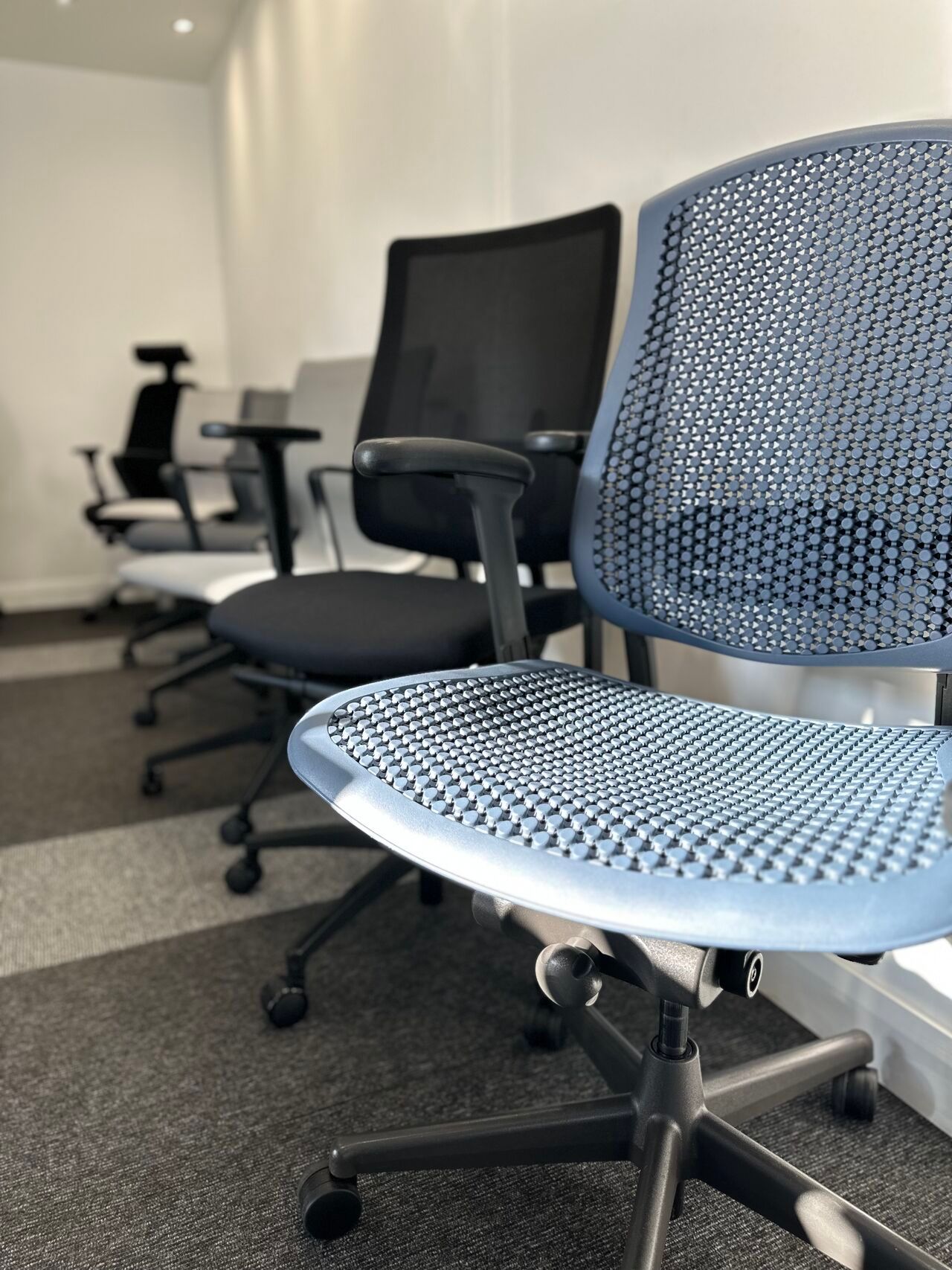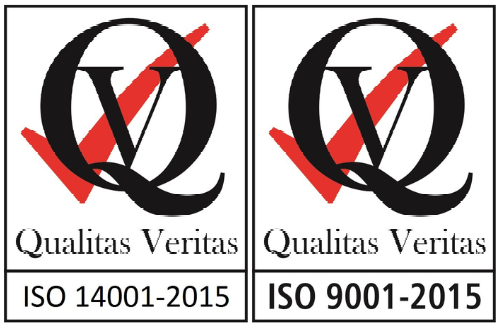Where Does Your Waste Really Go?
The Reality of Recycling: Beyond the Bin
When you recycle, it’s easy to assume that your waste is being transformed into something new. But that’s only part of the story. The global recycling industry is a £250 billion operation that extracts value from
discarded materials
like paper, glass, metals, and plastics. While some waste is processed efficiently, the world is facing a growing crisis, and it’s becoming clear that the traditional recycling system isn’t always working as intended.
The Recycling Crisis: Is the System Broken?
Most UK waste isn’t processed domestically. Instead, it’s shipped overseas. For years, the UK, like much of the Western world, relied on countries like China to manage a significant portion of its recyclable waste. However, in 2018, China’s National Sword policy banned the import of contaminated recyclables, throwing the global market into disarray. This left millions of tonnes of waste with nowhere to go.
Today, the UK generates over
230 million tonnes
of waste annually, with a significant portion exported to countries like Turkey, Malaysia, and Indonesia. Unfortunately, many of these nations lack the proper infrastructure to manage the waste responsibly, leading to it being burned or dumped in poorly regulated sites. Almost
1 million tonnes of plastic has been sent to Turkey for recycling since 2017, but only a small percentage is properly recycled. In fact, just
12%
of UK waste is recycled within the country, and almost half is incinerated, while the rest heads to the landfill.
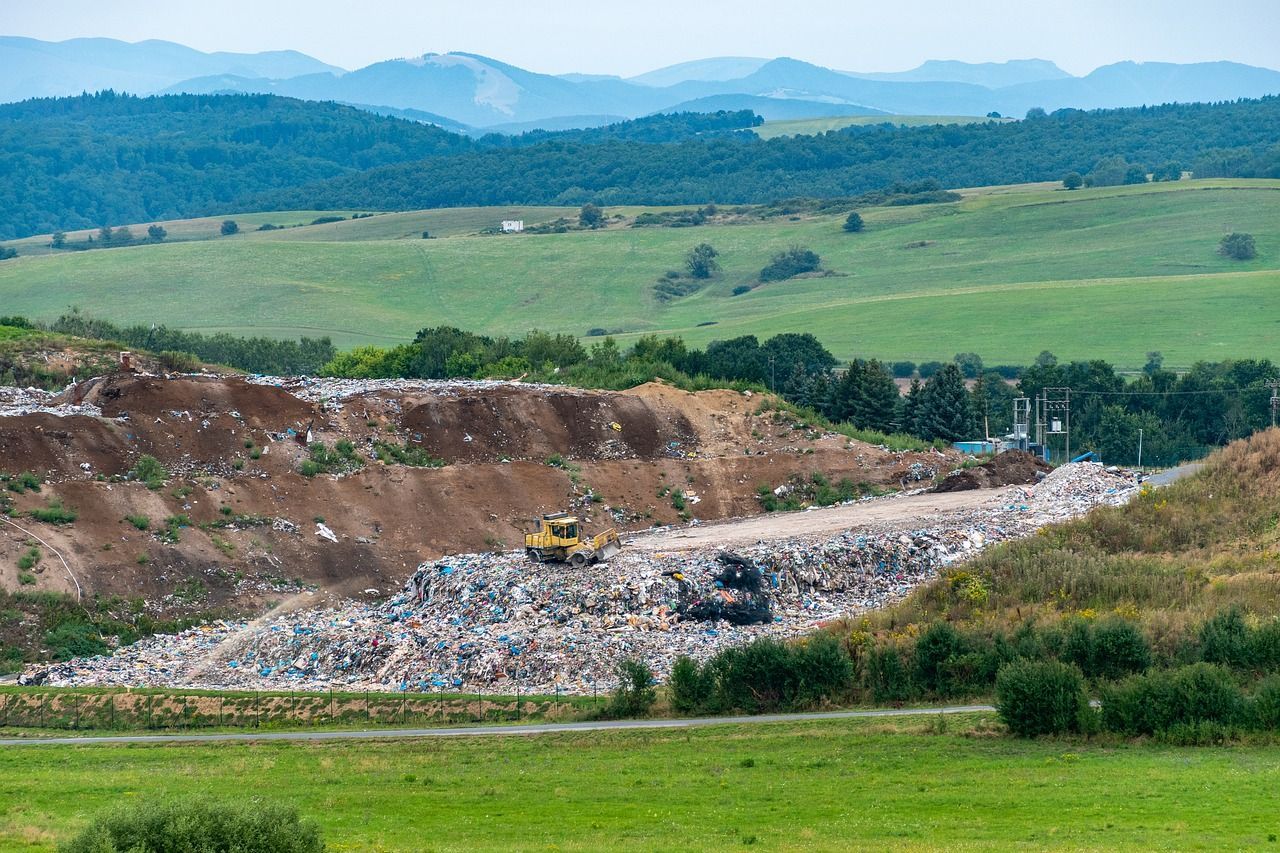
A Broader Problem: It’s Not Just Plastics
The waste crisis goes beyond plastics. In the UK alone, about 10 million tonnes of scrap metal are generated every year, but only half of all metals are recycled domestically. Metals like steel and aluminium can be recycled indefinitely without losing quality, saving significant energy and resources. To give some perspective, recycling just one aluminium can save enough energy to run a computer for three hours. Despite this, a substantial amount of metal still ends up in landfills, representing wasted potential.
Wood waste also presents a challenge. Particularly in the furniture industry, wood is often seen as disposable. In 2023 the UK generated around
4.5 million tonnes of waste wood
and until recently, most of it ended up in landfill. Fortunately, recent efforts have seen improvements, with 4.4 million tonnes now being recycled. When wood decomposes in landfill, it releases methane, a greenhouse gas 25 times more potent than carbon dioxide, making proper recycling crucial.
Saving Office Furniture from Landfill: Our Commitment
We’ve seen firsthand the environmental cost of waste mismanagement, and we refuse to accept the status quo. Every year, 1.2 million office desks and 1.8 million office chairs are sent to UK landfills, with Europe seeing similar numbers. Across the globe, over 3 million tonnes of office furniture end up in landfill annually. This isn’t just a loss of materials—it’s a missed opportunity to reduce our environmental footprint.
Our mission is to change this narrative. By breaking down old office furniture into its raw materials, we can reintroduce them into the economy, either by refurbishing items or sending them back to manufacturers. This process helps prevent thousands of tonnes of CO2 emissions annually and plays a key role in reducing waste.
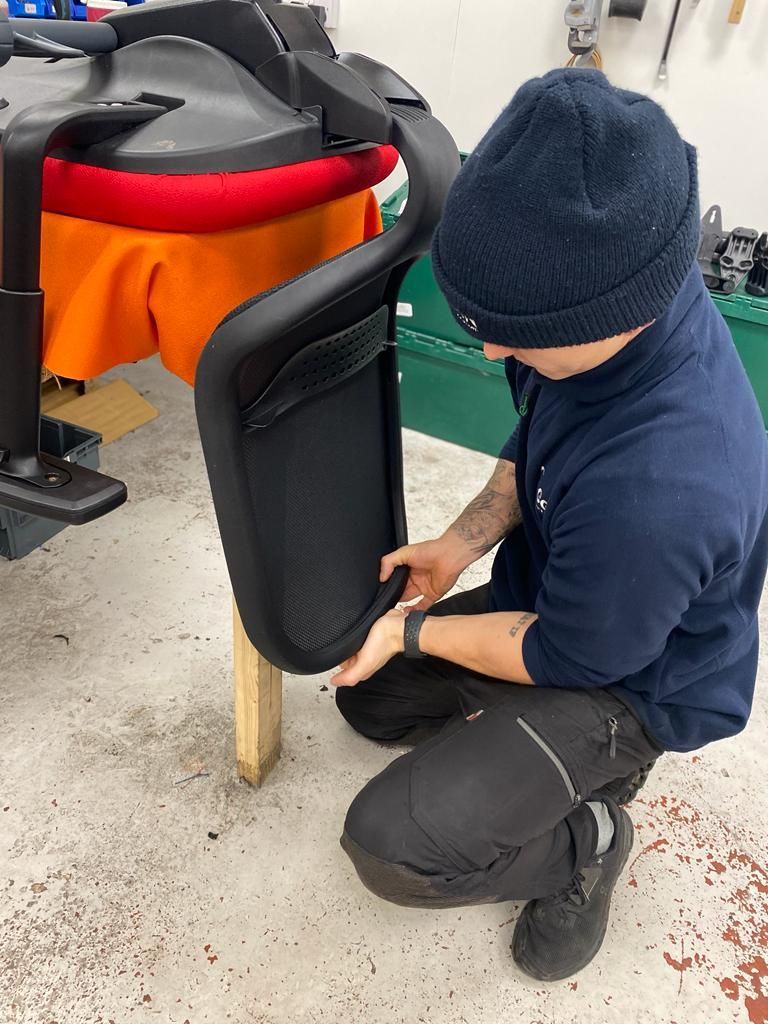
The Global Picture: Why Change is Urgent
Globally, we produce 400 million tonnes ofplastic waste annually, and the plastic recycling rate is 9%. The production and incineration of plastic alone contribute a staggering 850 million tonnes of greenhouse gases annually. These numbers make it clear: our current approach to waste management is unsustainable. That’s why at Coggin SOS, we’re committed to addressing the often-overlooked issue of office furniture waste.
It’s not just good for the planet, it’s good for business. In 2023, nearly 295,000
pre-owned office chairs were donated or sold to businesses and charities, showing a growing demand for sustainable choices. By opting for second-hand furniture, we could potentially reduce UK greenhouse gas emissions by up to 4 million tonnes
(wrap.org.uk).
Moving Forward: The Circular Economy in Action
We believe in the circular economy, a system that keeps materials in use for as long as possible. By recycling and reselling office furniture, we reduce the demand for new resources while diverting waste from landfills. For example, reusing 295,000 office chairs annually prevents 12,000 tonnes of CO2 from being released into the atmosphere. Yet, despite these benefits, 86% of used office chairs still end up in landfill.
Large brands like
Ikea
are recognising the need for change and are actively working to minimise their environmental impact. As part of their journey to becoming a circular business by 2030, they’ve launched a buyback programme, reselling furniture in good condition and recycling damaged items. This is the kind of innovation we need to see more of in the waste management sector.

How You Can Make a Difference
The solution is simple: keep office furniture out of landfills. By choosing refurbished or second-hand options, you’re not only saving money, you’re helping to reduce waste and contribute to a more sustainable future. Recycling alone isn’t enough. We need to think bigger and act smarter, which is why Coggin SOS is committed to expanding our facilities and investing in innovative ways to keep office furniture in circulation. Together with our partners, we’re not only returning valuable materials to the economy but also creating jobs and reducing environmental harm.
The statistics may look grim, but we believe in the power of collective action. Join us as we work alongside our partners and clients to create real, lasting change in the way waste is managed. Together, we can build a better, more sustainable future.


